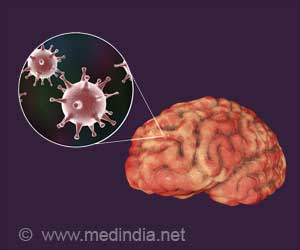have an increased risk for developing neurodegenerative disease, and several studies have established a link between
and ophthalmic conditions like glaucoma, diabetic retinopathy, age-related macular degeneration, and cataracts. Patients with these eye conditions are known to have an increased risk of developing AD, so investigating biomarkers in this at-risk population is important in order to study their role in early diagnosis.
“To our knowledge, this is the first study to investigate the role of vitreous fluid biomarkers and link it to confirmed post-mortem brain tissue pathological examination of AD. In addition, this is the first study to find a link between vitreous fluid biomarkers and confirmed CTE. Our findings provide further evidence to support the potential role of vitreous biomarkers in early diagnosis and prognostication of diseases like AD and CTE,” said Manju Subramanian, MD, an ophthalmologist at Boston Medical Center and an associate professor in ophthalmology at Boston University Chobanian & Avedisian School of Medicine.
Researchers in this study found a link of biomarkers, including total Tau and neurofilament light-chain (NfL) with pathologically confirmed AD and CTE. Alterations of these neurodegenerative proteins in the vitreous fluid confirm that the eye reflects neuropathological changes in the brain and further supports investigations into the eye’s potential role in the diagnosis of these diseases.
Advertisement
These findings are also foundational for future studies to continue to investigate the role of biomarkers and other eye fluid in the diagnosis, prognostication, and management of diseases such as AD and CTE.
References :
- Vitreous Humor Biomarkers Reflect Pathological Changes in the Brain for Alzheimer’s Disease and Chronic Traumatic Encephalopathy – (https://content.iospress.com/articles/journal-of-alzheimers-disease/jad230167)
- 2023 Alzheimer’s Disease Facts and Figures – (https://www.alz.org/media/documents/alzheimers-facts-and-figures.pdf)
Source: Eurekalert
